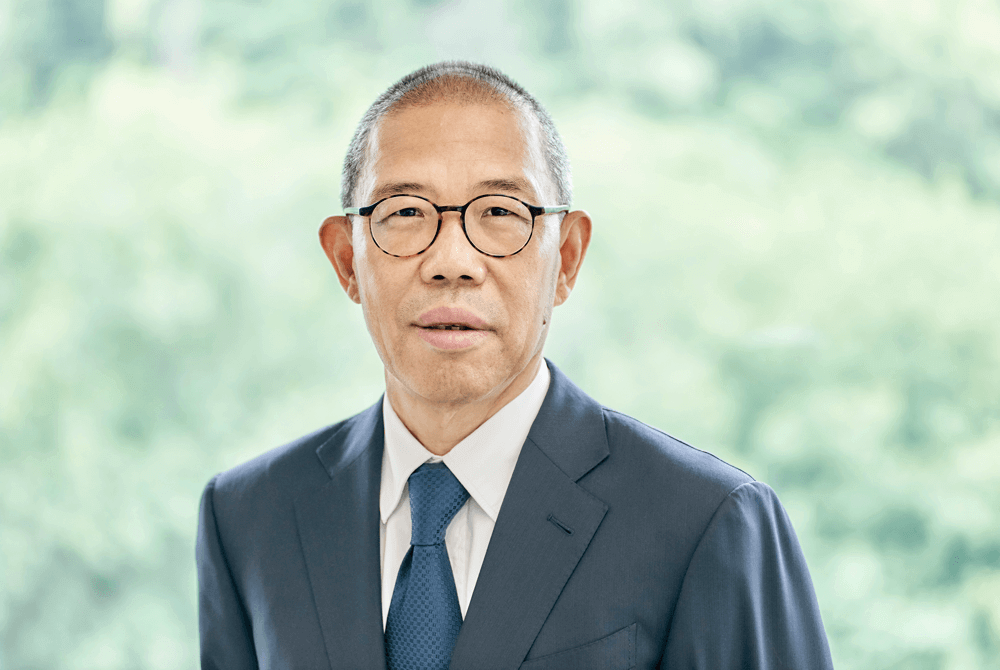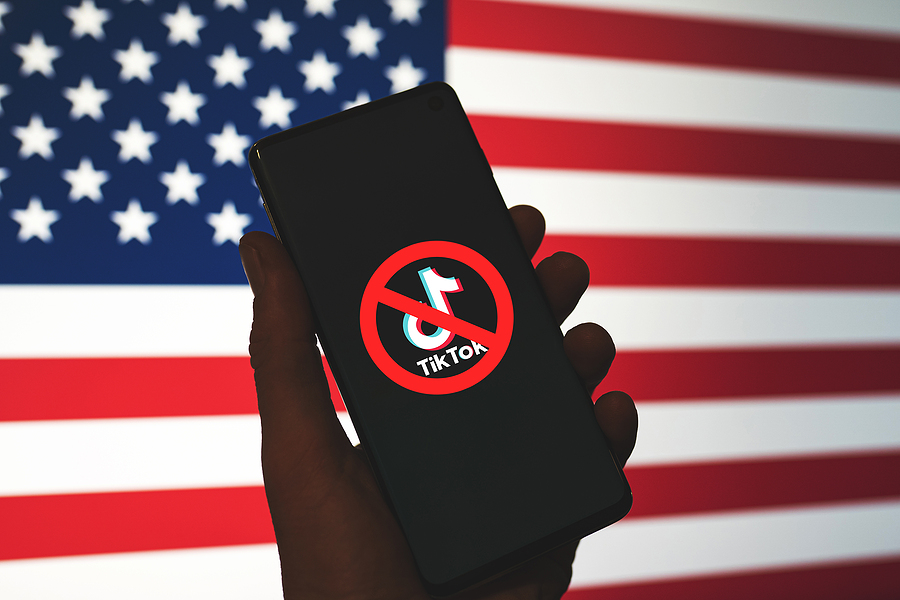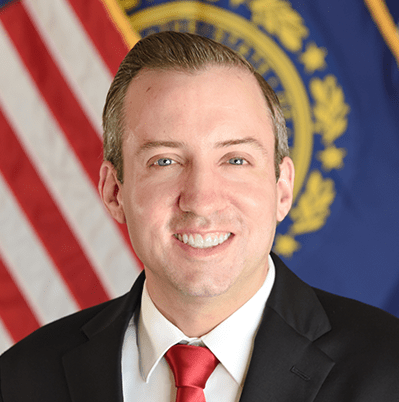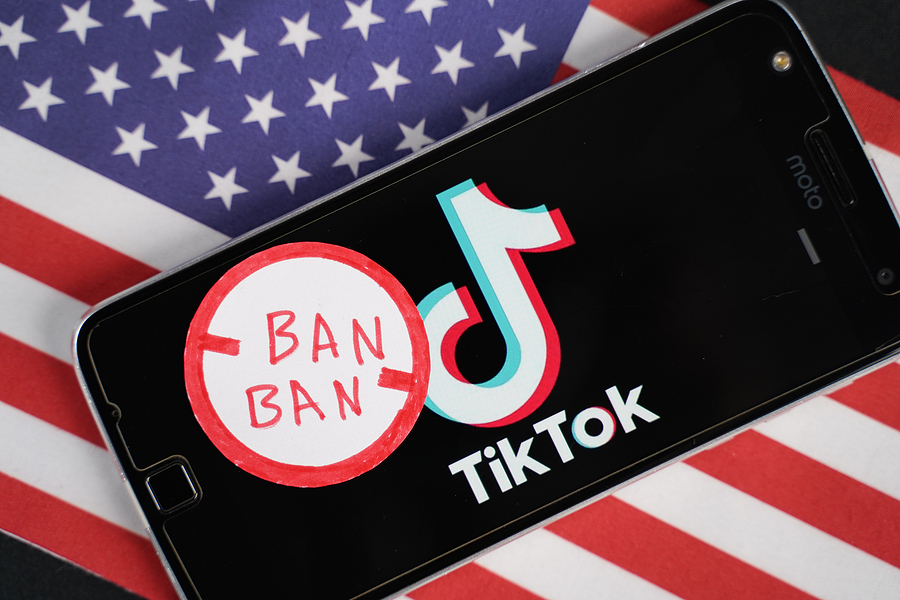Ayotte Orders AG to Review Controversial Nashua Water Deal

Gov. Kelly Ayotte wants answers about the state officials who invited a Chinese beverage company to set up shop in Nashua, ordering the New Hampshire Attorney General’s Office to conduct a review.
Attorney General John Formella confirmed on Friday that a review of Nongfu Spring is now on tap.
“The governor has directed the DOJ to look into the facts and circumstances surrounding this purchase, with a specific focus on any involvement by state and local officials and what can be done to remedy any process failures and enhance reviews of these types of purchases going forward. We will report our findings to the governor upon the conclusion of our review,” Formella told NHJournal.
Nongfu, owned by China’s top billionaire Zhong Shanshan, quietly bought a commercial property in Nashua for $67 million earlier this year, though the property was valued at around $15 million. After months of speculation about the deal, Nashua Mayor Jim Donchess said it was brokered under an economic development initiative championed by Gov. Chris Sununu’s administration.
“If you have problems with this, you’re in the wrong place. This was initiated and pursued by Concord. We are kind of just spectators to the whole thing,” Donchess said.
Tensions have been mounting in Nashua for months as concerns have grown over Nongfu Spring’s acquisition of the 330,000-square-foot industrial site and its plans to draw water from the city’s main supply system.
In February, Nongfu Spring, China’s largest packaged‑water producer, quietly bought a long-vacant warehouse at 80 Northwest Boulevard—a site valued at $15 million according to public records—triggering alarm over the staggering $67 million price tag and strategic location.
At a recent public meeting, the city’s Board of Aldermen room was packed. One resident voiced the sentiment, echoing the room: “Look at us… still here, still freaked out by this.”
Concerns were amplified by the building’s proximity to several defense-related installations—New Boston Space Force Station, Hanscom Air Force Base, Pease Air National Guard Base, and key transportation hubs including airports and naval facilities.
Ayotte’s decision to bring in the attorney general echoes her previous statements calling for heightened scrutiny. “We’re always concerned when the Communist Party, the Chinese Communist Party, or anyone associated with that party buys land in New Hampshire,” she said, questioning the inflated purchase price and demanding transparency on the company’s intentions.
Ayotte is not alone. Three Republican Executive Councilors — Joe Kenney, John Stephen, and Dave Wheeler — have written BEA Commissioner Taylor Caswell asking for information about the role his agency played in promoting the purchase.
“Our constituents have expressed concerns about the transparency and oversight of the Nongfu Spring purchase in Nashua, particularly regarding who was informed, when, and the extent of the Department of Business and Economic Affairs’ (BEA) involvement,” they wrote.
Among their questions:
- Did the BEA actively recruit the company to relocate or establish operations in New Hampshire? If so, when did those efforts begin, and who initiated contact?
- What commitments, if any, has the company made regarding job retention or creation in Nashua, and when were these commitments communicated to the BEA?
State Senate Majority Leader Regina Birdsell—spearheading legislation to ban land purchases by entities from countries deemed adversarial, including China—pointed to the Nashua deal as a cautionary example.
At the federal level, Congresswoman Maggie Goodlander requested a retrospective review of Nongfu Spring’s purchase by CFIUS, expressing unease over potential threats posed by a foreign adversary acquiring land near critical infrastructure.
Rumors swirled that Nongfu might attempt to buy or control Pennichuck Water Corporation, Nashua’s semi-private water utility. But Pennichuck officials have pushed back forcefully.
CEO John Boisvert and Board Chair C. George Bower emphasized that Pennichuck is not for sale, and no water rights or land have been, or will be, transferred. Bower reiterated that Nongfu would be treated as a typical industrial customer.
Donchess insists the city had no hand in facilitating the deal and only became aware of it when Nongfu’s application for a building permit emerged, which was later withdrawn in late May. He urged residents to direct their inquiries to the state level, particularly the Department of Business and Economic Affairs.
The debate has exposed a growing unease about foreign land ownership near sensitive sites, especially when tied to national security and critical resources like water.
Lily Tang Williams, a Republican challenging Goodlander in the 2026 congressional race and a former Chinese citizen, voiced her alarm. “Why do we even sell our natural resources like water to our biggest adversary?”
State Sen. Kevin Avard represents Nashua and has spoken out on the purchase.
“I want to thank my fellow Nashua resident, Gov. Ayotte, for taking such decisive action on this important issue for our city,” Avard said.
“Since hearing about this potential sale, I have been on the front lines calling for an in-depth review. There are far too many questions about this sale that need to be answered, and getting the Attorney General’s Office involved is an important step. Our neighbors have justifiable concerns that are simply not being addressed by the local government who have tried to pass the buck at every opportunity. Gov. Ayotte’s measured action today shows once again that she is listening to the people and doing what is best to protect our communities.”










